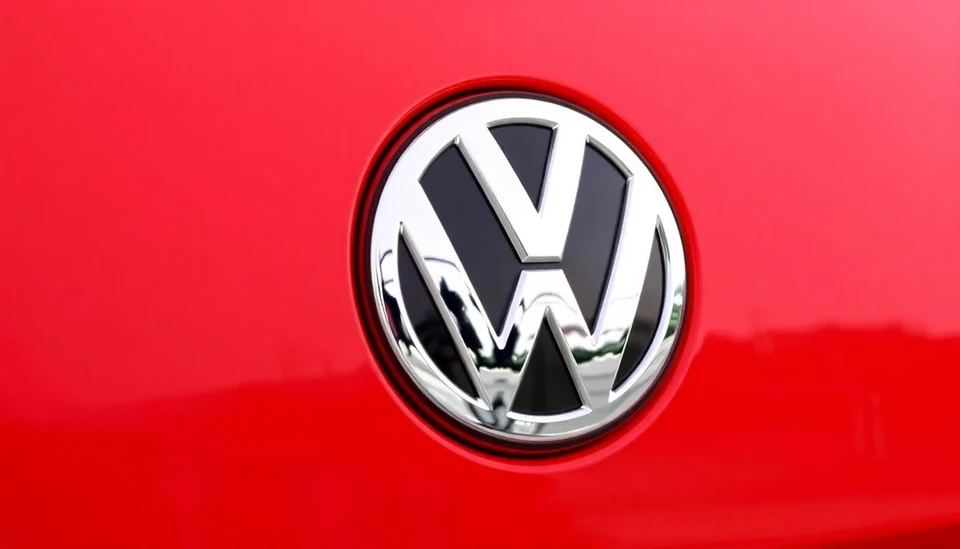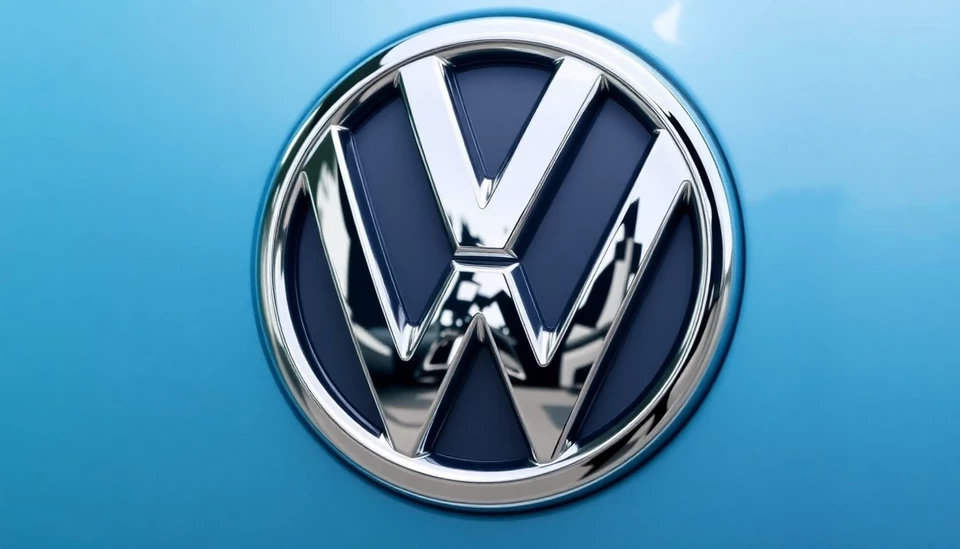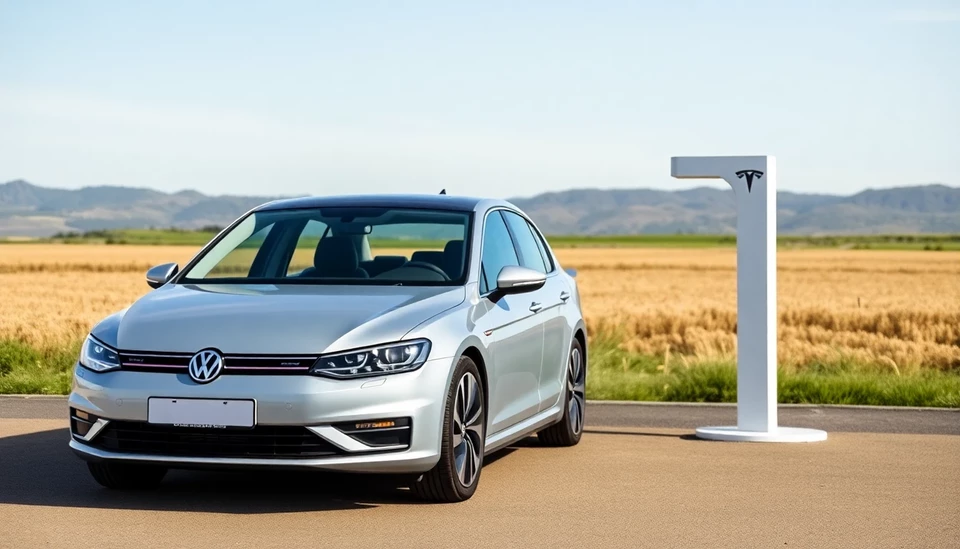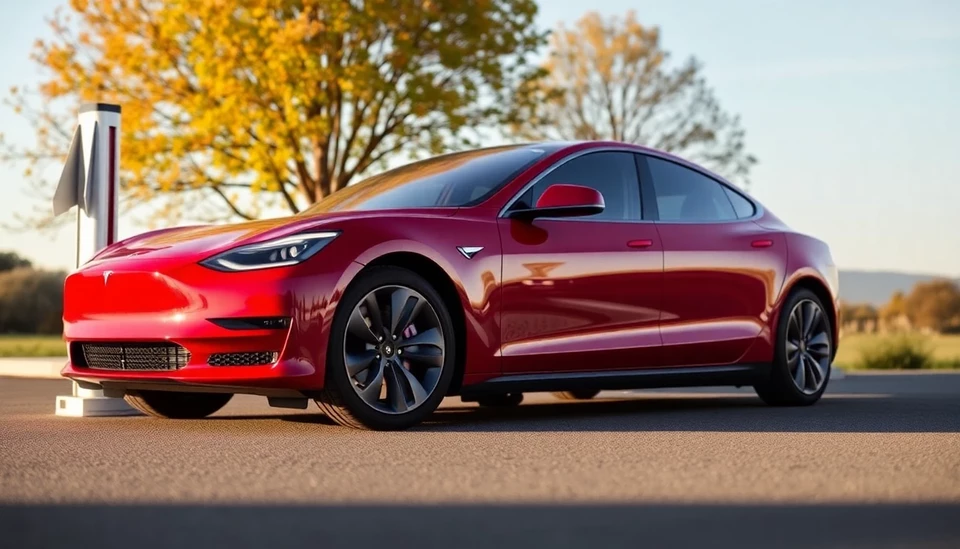
In a strategic move to mitigate the impacts of tariffs, Volkswagen’s Chief Executive Officer has suggested that the automobile manufacturer may initiate production of its Audi brand in the United States. This proposal has emerged as a viable solution to circumvent the financial burdens imposed by international trade policies, particularly those targeting imports.
According to reports from FAZ, a leading German newspaper, this suggestion comes as Volkswagen evaluates its operational strategies in light of recent economic challenges and shifting trade dynamics. The CEO's remarks highlight an increasing urgency within the company to adapt to a rapidly changing global market landscape marked by tariffs and trade restrictions.
The automotive industry has seen considerable disruption due to trade tensions, particularly between the United States and Europe. Volkswagen, being one of the largest car manufacturers globally, is not exempt from these pressures. By establishing a local manufacturing presence for Audi vehicles, the company aims to not only reduce costs associated with tariffs but also to enhance its competitive edge in the North American market.
This potential shift in production strategy is part of a broader initiative by Volkswagen to bolster its sales presence in key markets. The North American automotive market has been a focal point for growth, and local production could substantially improve efficiencies and reduce delivery times, thus appealing to a growing customer base in the United States.
The CEO's comments underscore a proactive approach to balancing the company's operational costs while maintaining a robust supply chain amid ongoing economic uncertainty. As Volkswagen moves forward with these discussions, the outcome could have significant implications for its manufacturing footprint and market strategy in North America.
Further details surrounding the timeline and scale of these production plans have yet to be disclosed, but the automotive community is closely monitoring the situation. If realized, this development could signal a major shift in how foreign car manufacturers approach the American market and respond to trade policies.
As the situation continues to evolve, industry analysts will be watching for Volkswagen's next steps, including any official announcements regarding the establishment of new production facilities on U.S. soil or partnerships that may emerge as a result of this strategic pivot.
In summary, Volkswagen’s potential adaptation to U.S. production of Audi vehicles signifies a responsive measure to counteract tariff challenges while positioning itself for continued growth in one of the world’s most competitive automotive arenas.
#Volkswagen #Audi #Tariffs #USProduction #AutomotiveIndustry #TradePolicy #EconomicStrategy
Author: Samuel Brooks




